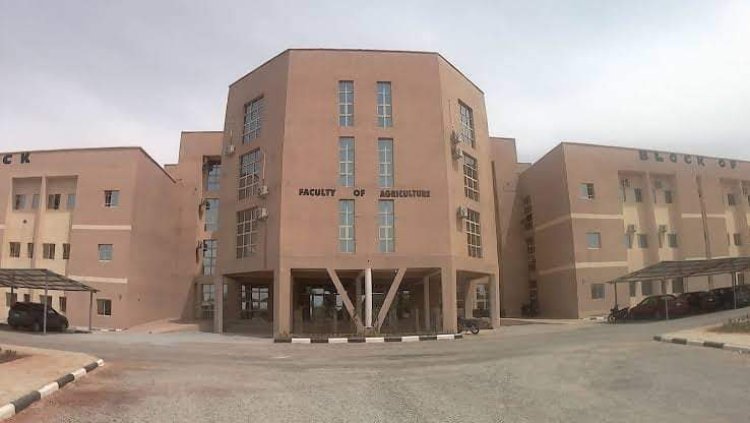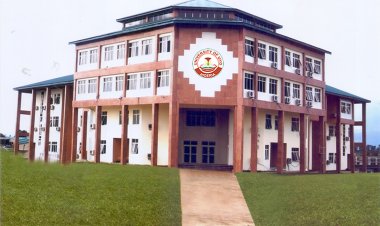UDUS Faculty of Agriculture Earns 'Faculty of War' Nickname for Rigorous Program and Grueling Daily Commute
The second year is particularly intense, with students attending lectures from 8 a.m. to 6 p.m. daily, including General Studies (GST) classes on Saturdays. Students handle up to 19 courses each semester, with increasing complexity in each level.

At Usmanu Danfodiyo University, Sokoto (UDUS), the Faculty of Agriculture is known for its rigorous academic program, often referred to as the "Faculty of War." Students face a demanding curriculum that includes a daily trek of over 30 minutes from hostels to the faculty.
The five-year program requires students to complete 93 courses, pass 201 course units, and undertake two defenses. The first year provides a foundation, allowing students to take courses from science departments, though these often seem unrelated to their core studies.
The second year is particularly intense, with students attending lectures from 8 a.m. to 6 p.m. daily, including General Studies (GST) classes on Saturdays. Students handle up to 19 courses each semester, with increasing complexity in each level.
In the fourth year, known as the practical year, students engage in extensive fieldwork with no breaks, adding to the program’s challenges. Final-year students must specialize in one of five areas: Agricultural Economics, Agricultural Extension and Rural Development, Crop Science, Soil Science, or Animal Science.
The Faculty of Agriculture, which includes programs in Fisheries and Aquaculture, and Forestry and Wildlife Sciences, plays a crucial role in training graduates who are integral to national food security. Despite its demanding nature, the faculty is recognized for its significant contribution to agricultural education and practice.





